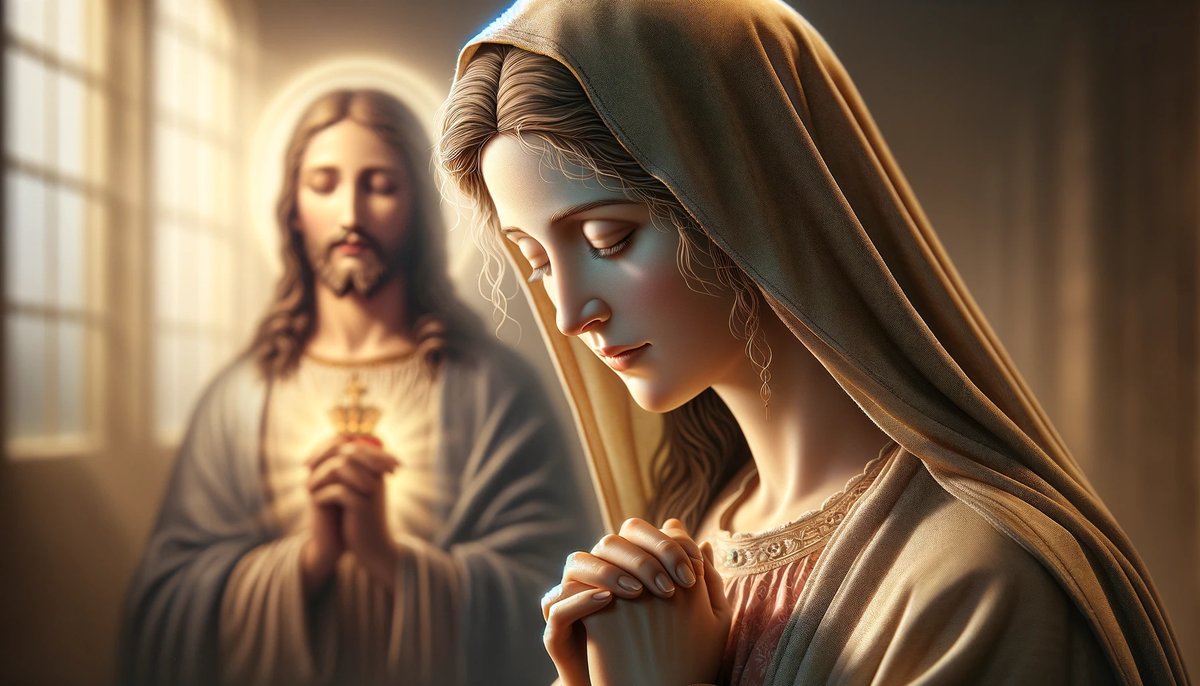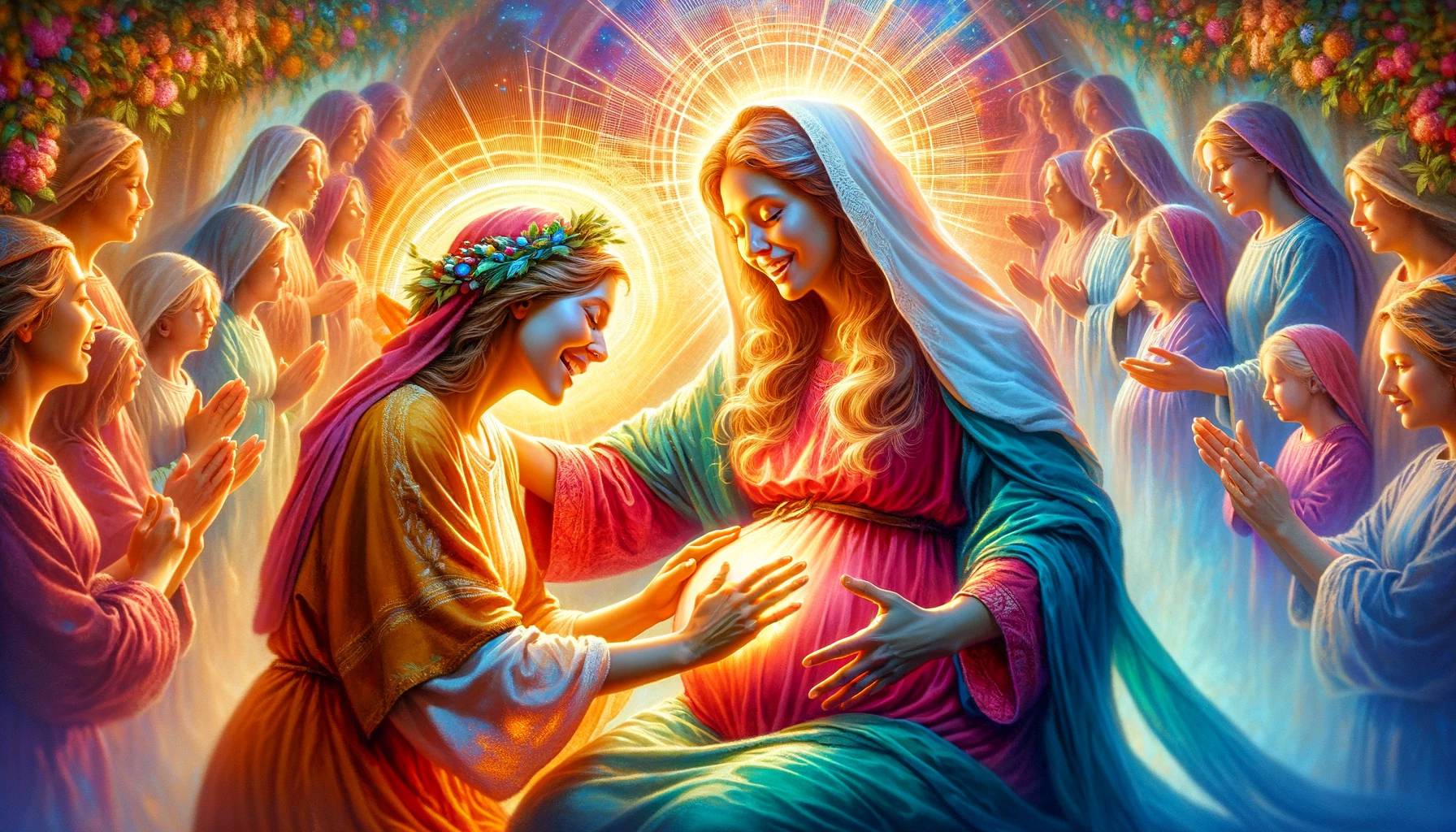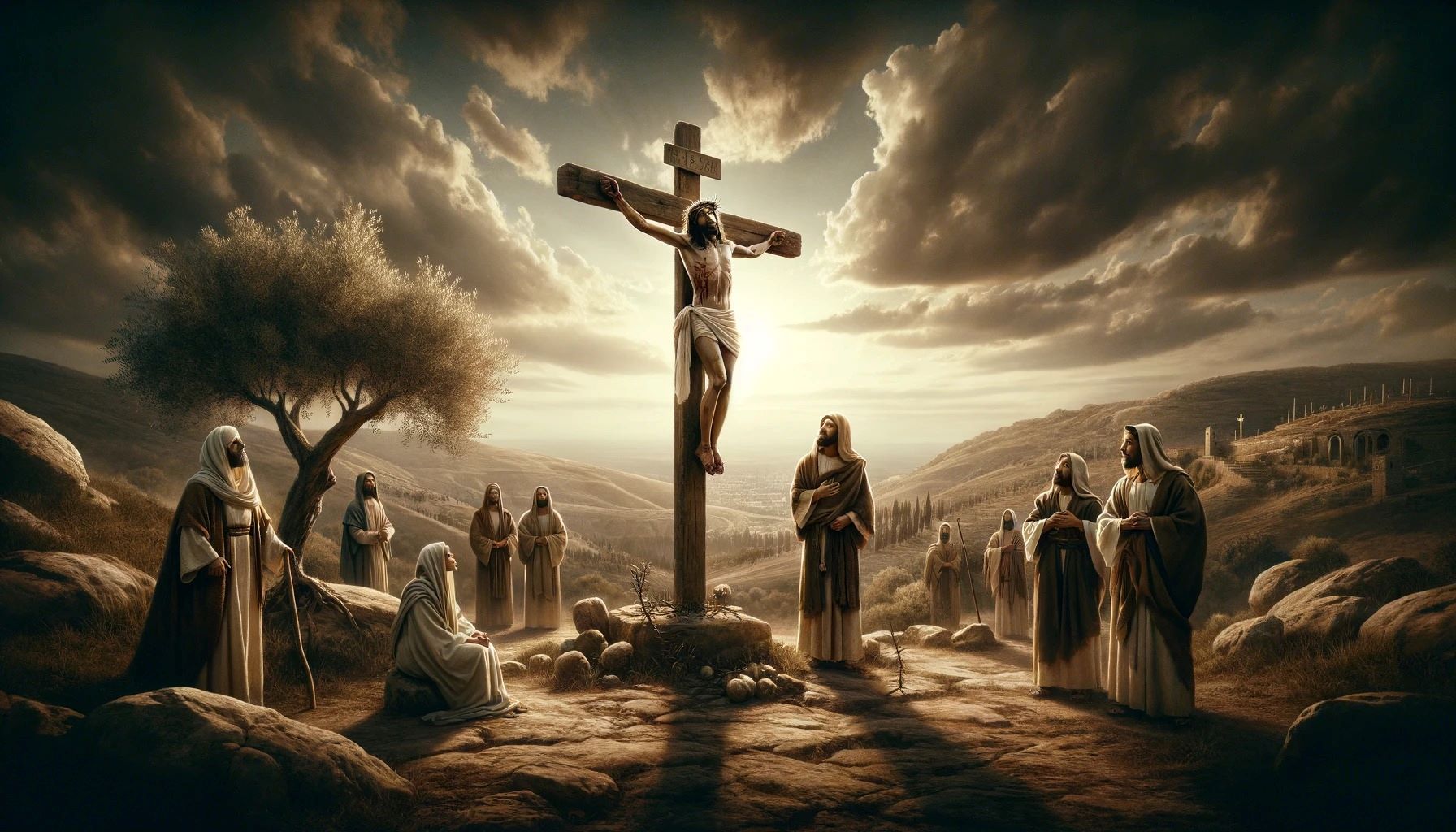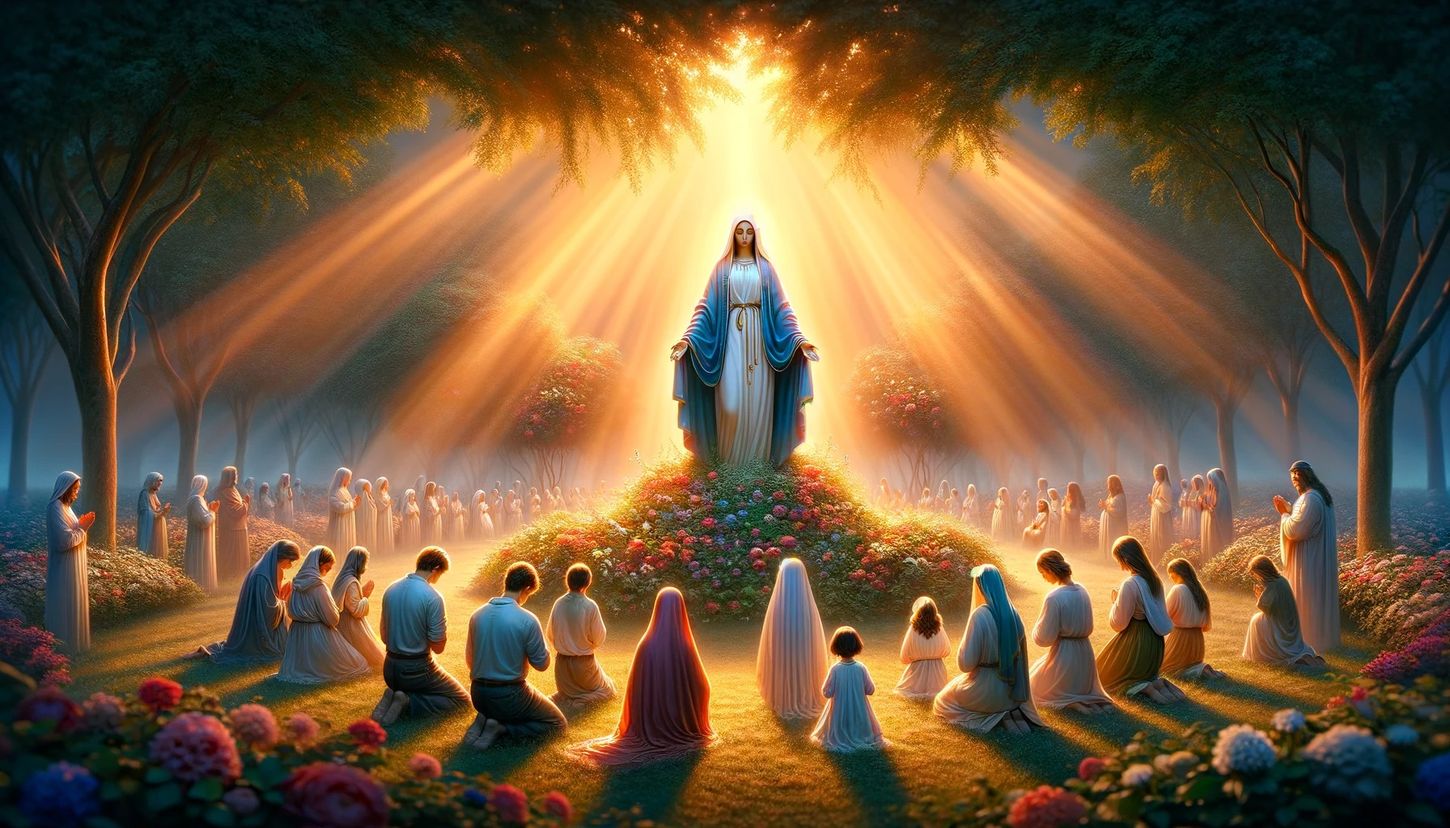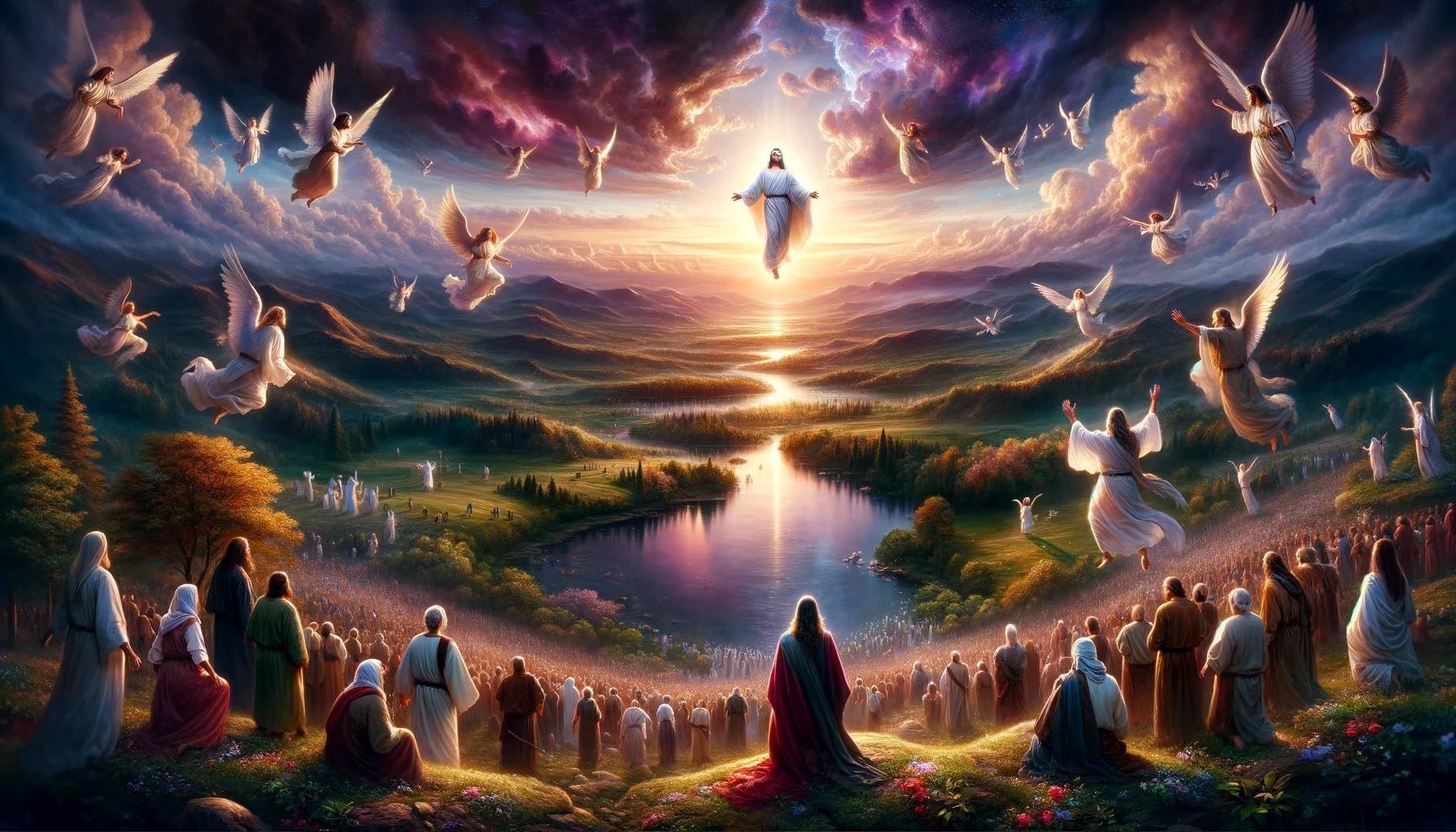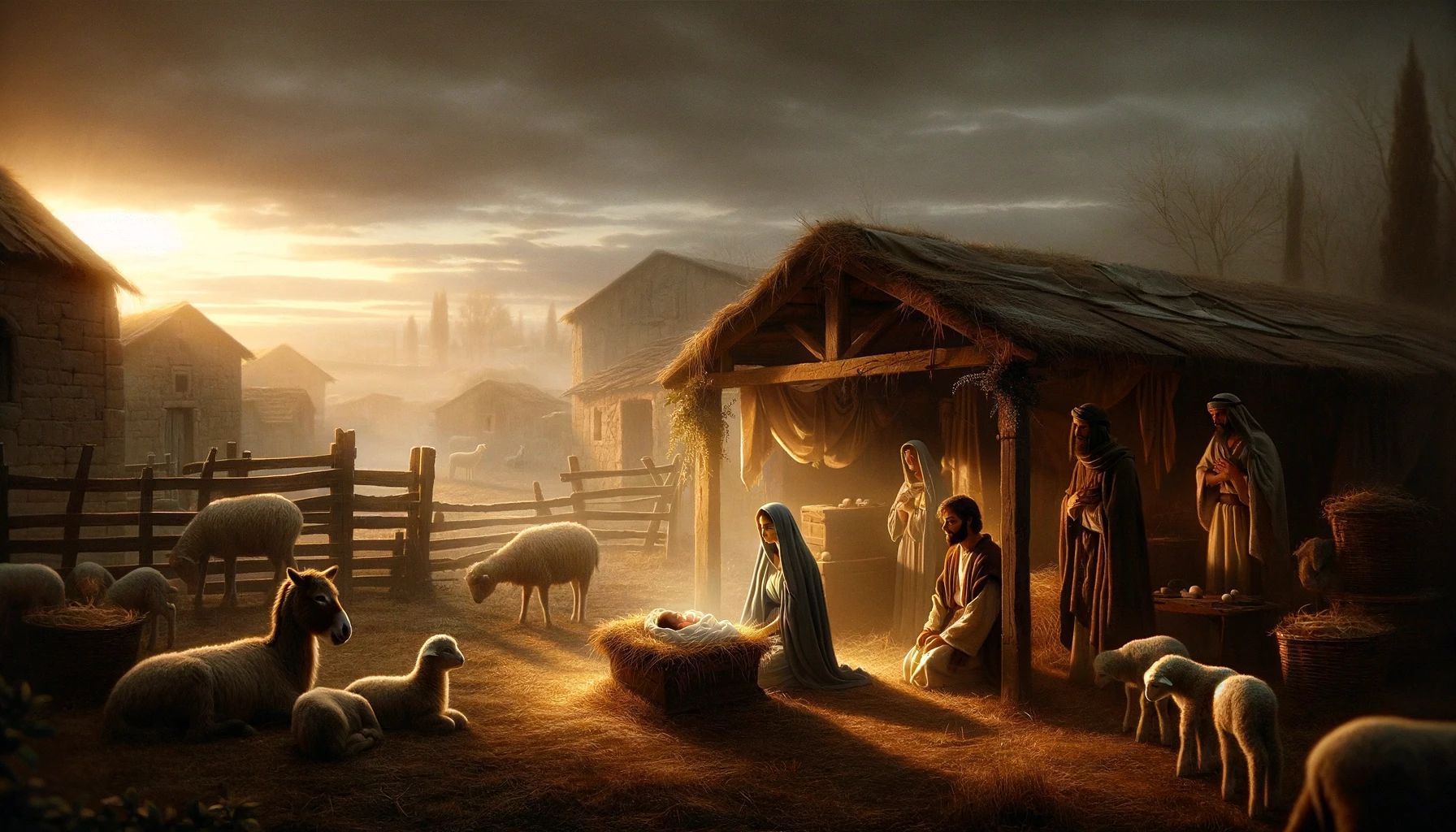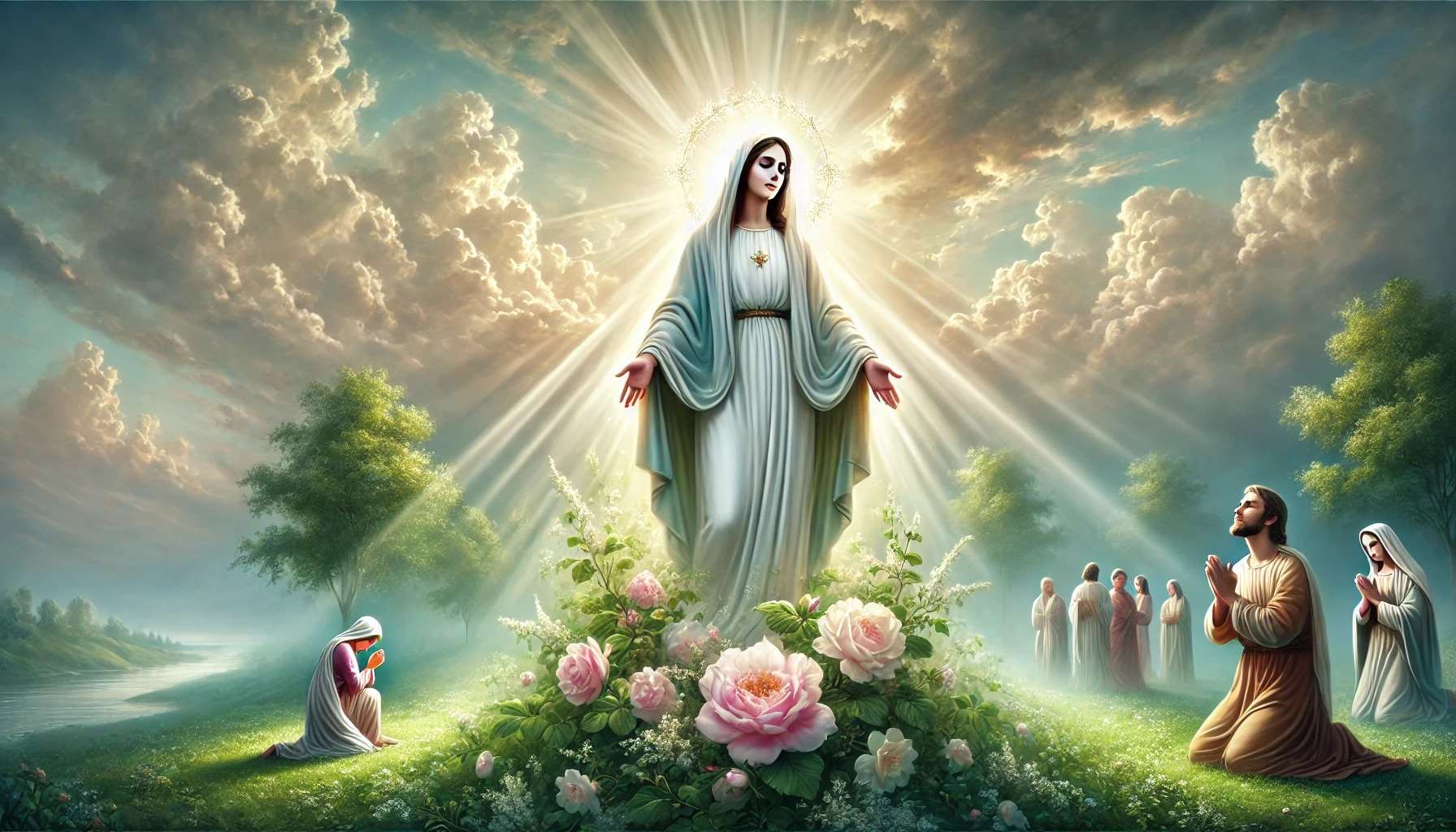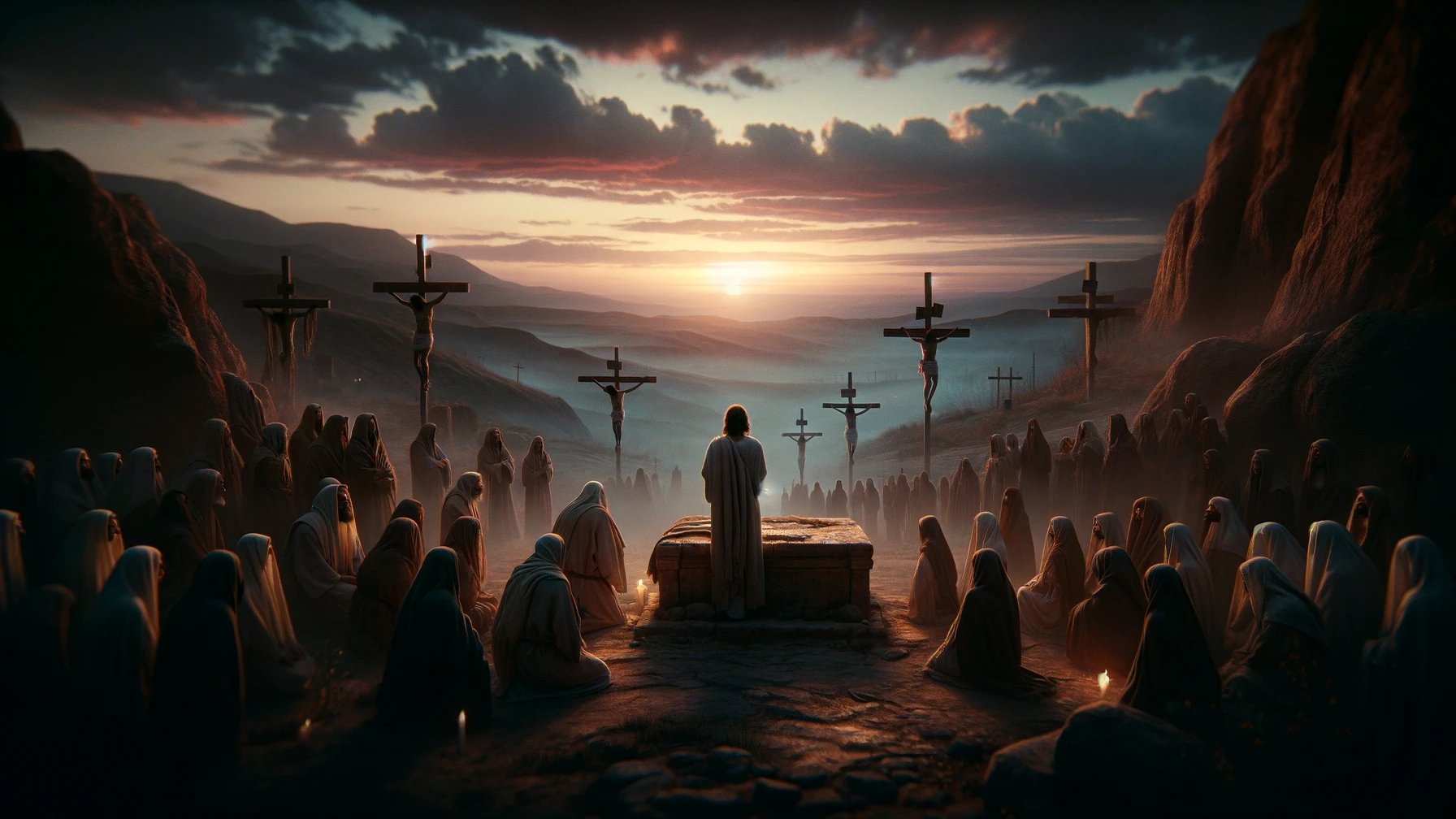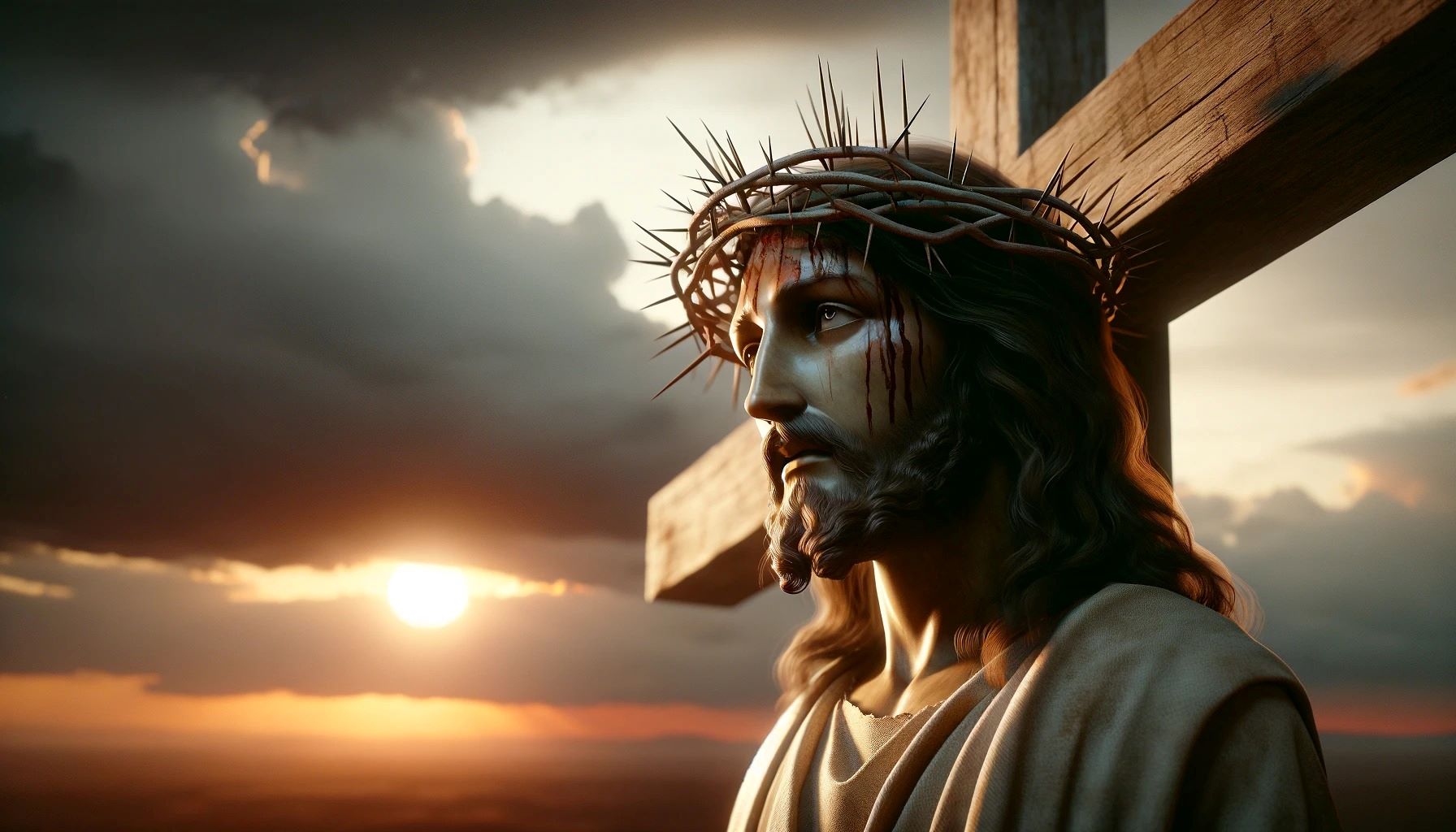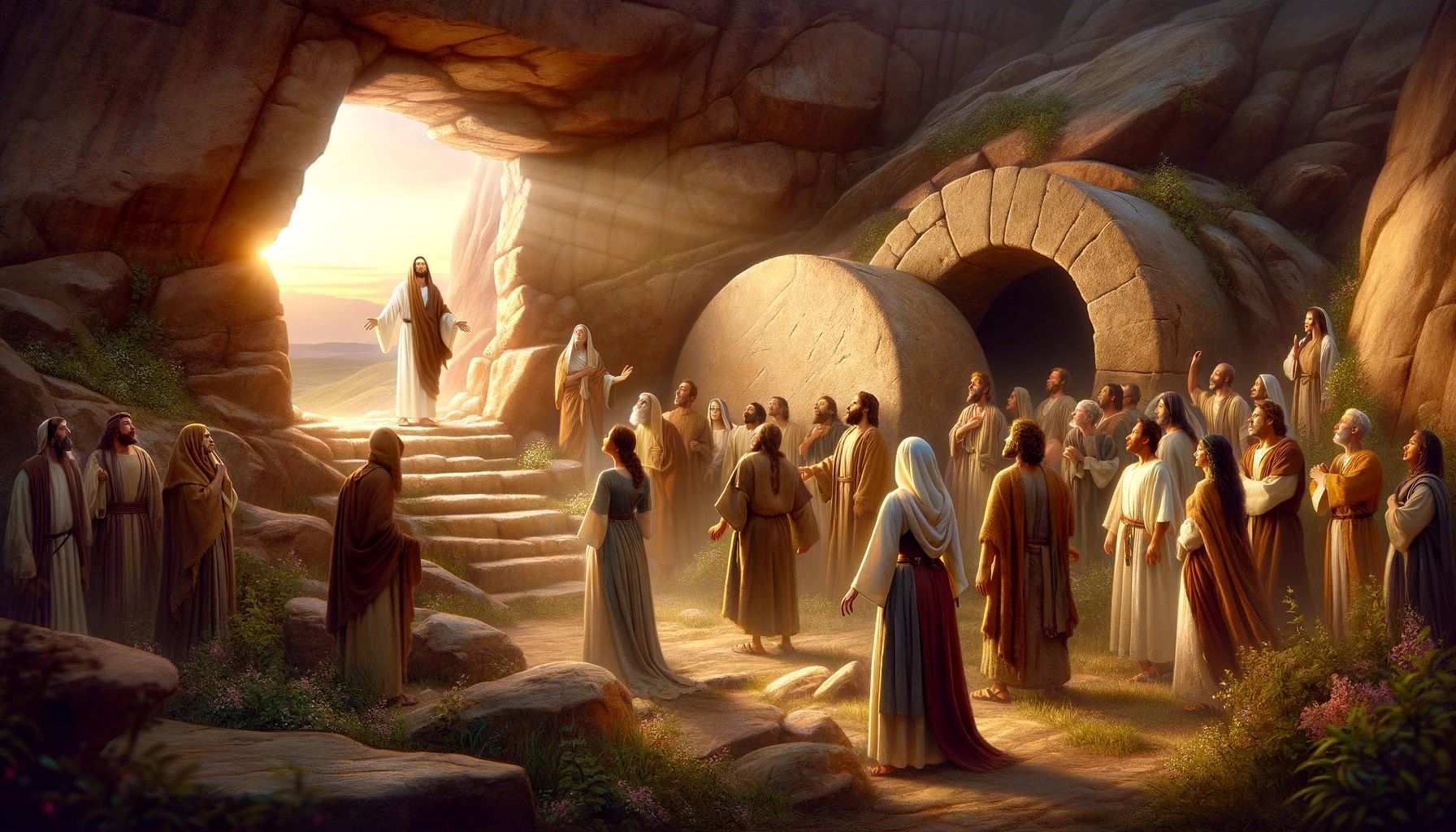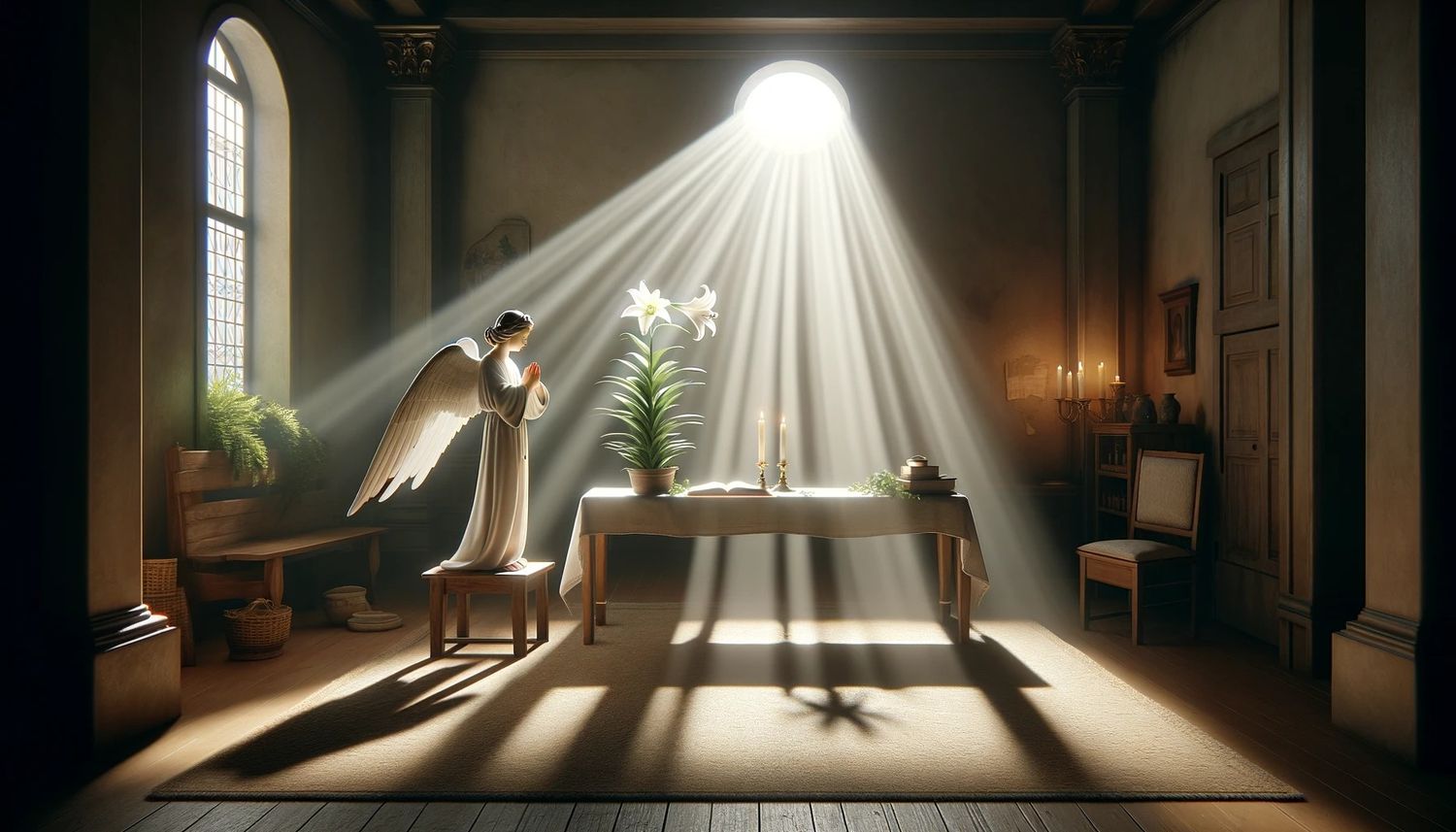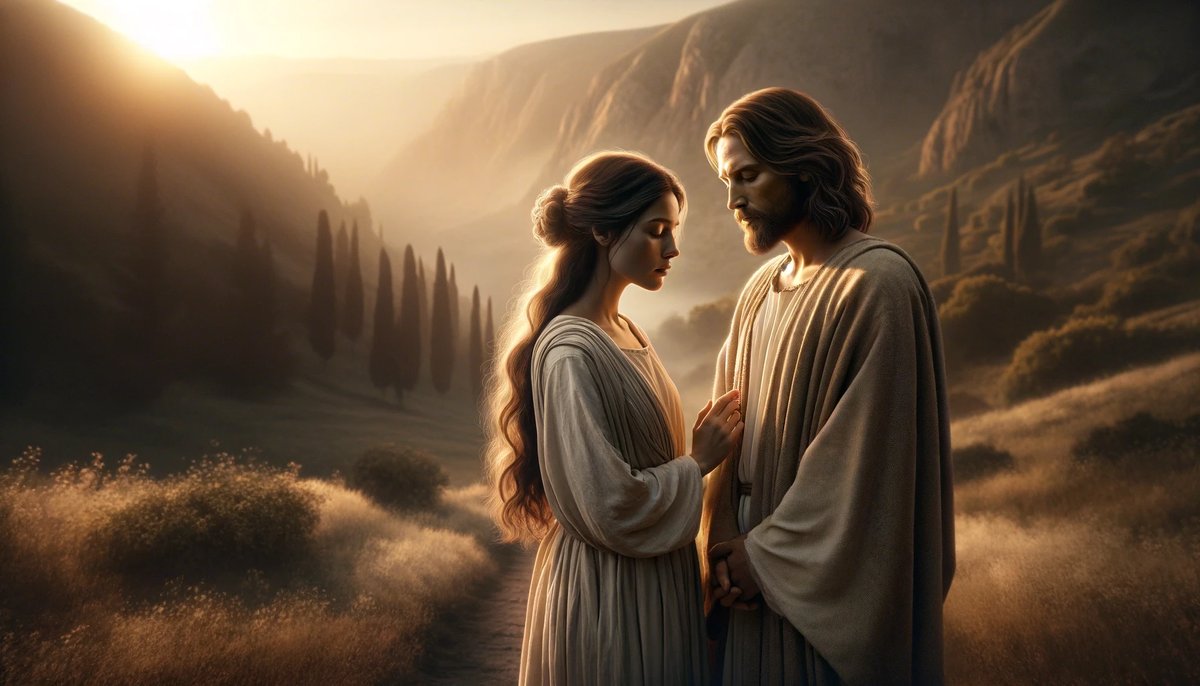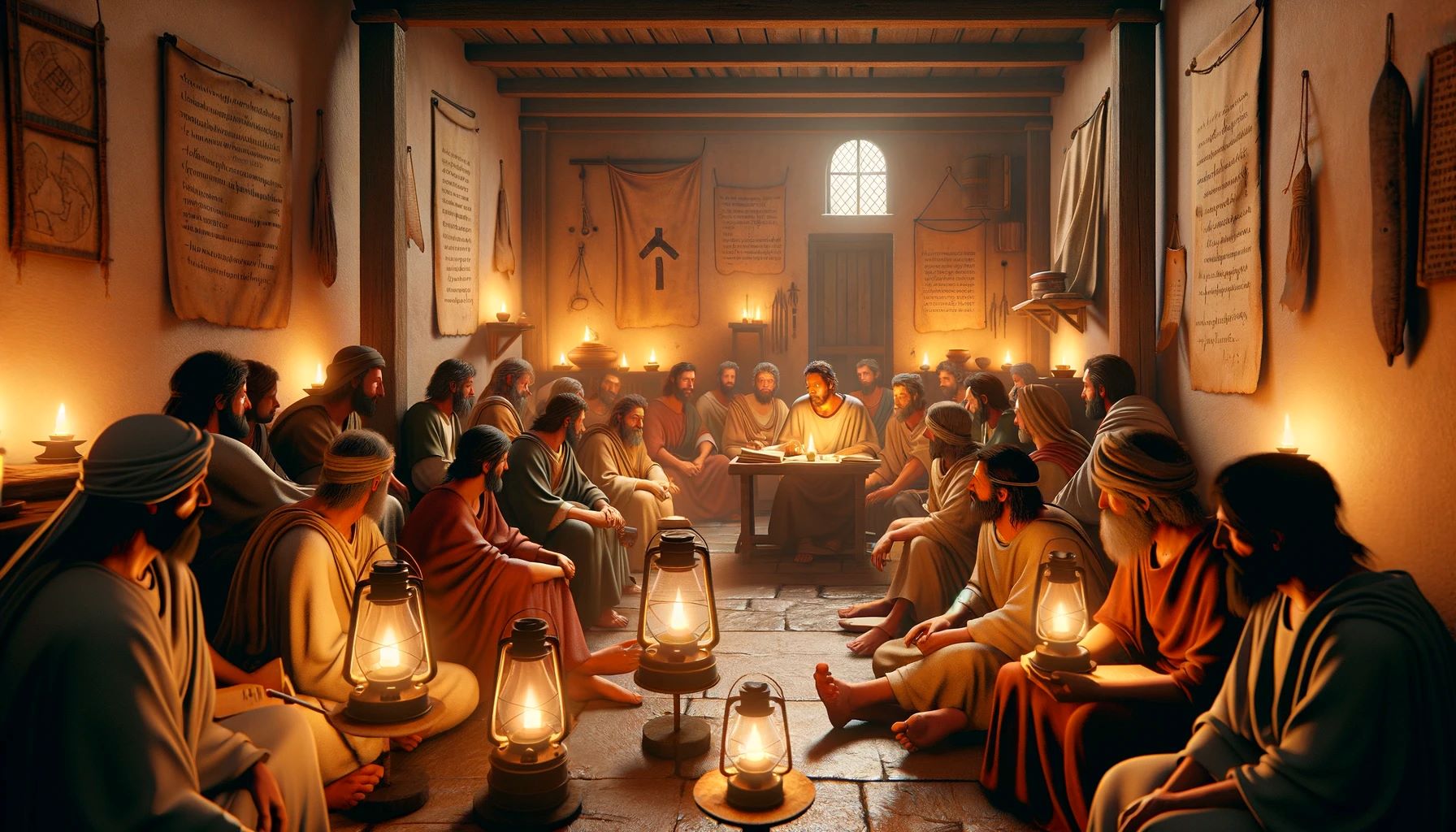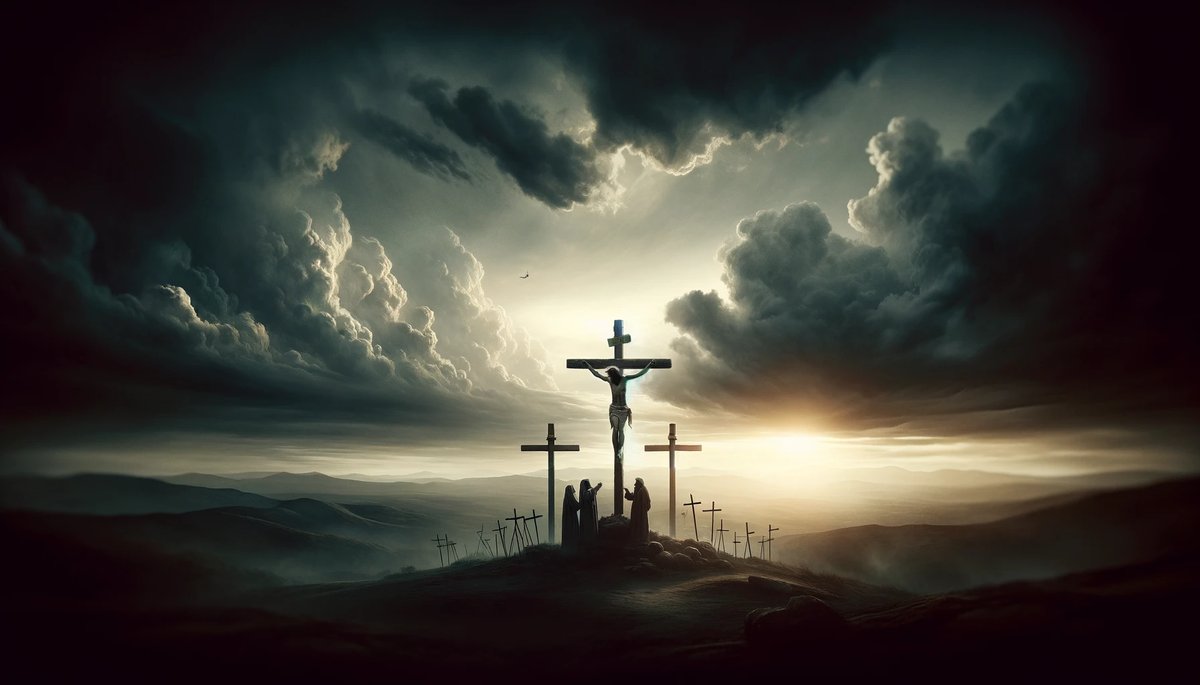Home>Christian Videos>Bible Stories>What Happened The Day The Virgin Mary, Mother Of Jesus Christ Died
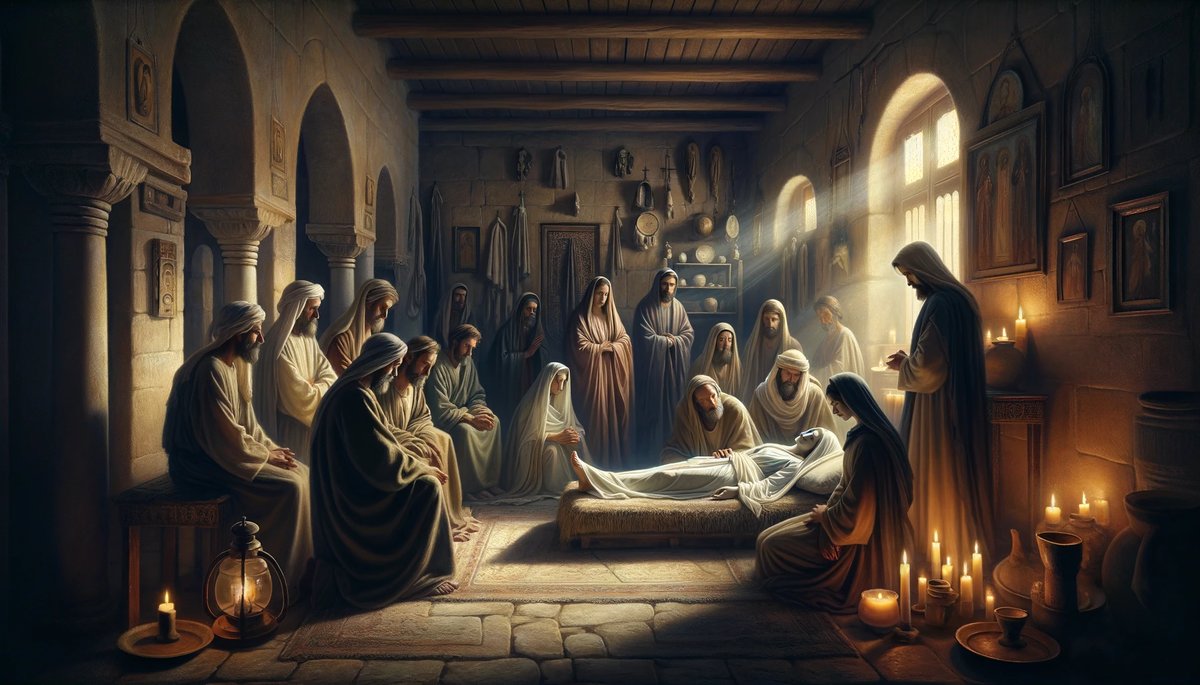

Bible Stories
What Happened The Day The Virgin Mary, Mother Of Jesus Christ Died
Published: March 3, 2024
Ericka Andersen, an editor at Christian.net, expertly merges digital strategy with content creation, focusing on faith and societal issues. Her communication skills enhance the platform's engaging narratives, fostering meaningful dialogue on belief's impact on society.
Discover the biblical account of the day the Virgin Mary, mother of Jesus Christ, passed away. Explore this significant event in the Bible stories.
(Many of the links in this article redirect to a specific reviewed product. Your purchase of these products through affiliate links helps to generate commission for Christian.net, at no extra cost. Learn more)
Table of Contents
The Life of the Virgin Mary
The life of the Virgin Mary, also known as the Mother of Jesus Christ, is a significant aspect of Christian faith and tradition. Mary's life is characterized by her unwavering faith, humility, and devotion to God. According to the Bible, Mary was a young Jewish woman from Nazareth who was chosen by God to be the mother of Jesus. Her life was marked by pivotal moments that shaped the course of Christianity and continue to inspire believers around the world.
-
The Annunciation: The angel Gabriel appeared to Mary, announcing that she would conceive and bear a son, Jesus, who would be the Son of God. This divine encounter marked the beginning of Mary's extraordinary journey as the mother of Jesus.
-
The Nativity: Mary's journey to Bethlehem with Joseph, where she gave birth to Jesus in a humble manger, is a central event in the Christian faith. This miraculous birth fulfilled the prophecy of the Messiah's coming and symbolized hope and salvation for humanity.
-
The Presentation of Jesus in the Temple: According to the Gospel of Luke, Mary and Joseph presented Jesus in the temple, where the devout Simeon prophesied about the impact Jesus would have on the world and the suffering Mary would endure.
-
The Wedding at Cana: The wedding at Cana is a significant event where Mary interceded on behalf of the hosts, leading to Jesus performing his first public miracle by turning water into wine. This event showcases Mary's compassion and her role as an intercessor.
-
The Crucifixion and Resurrection: Mary's presence at the crucifixion of Jesus is a poignant moment in her life. Her unwavering strength and love for her son during his suffering demonstrate her profound faith. The resurrection of Jesus brought hope and reaffirmed Mary's pivotal role in the divine plan.
Mary's life is a testament to faith, obedience, and the profound impact of a mother's love. Her humility and willingness to fulfill God's plan serve as an example for believers, and her life continues to be celebrated and venerated in various Christian traditions.
The Death of the Virgin Mary
-
The Dormition of Mary: The death of the Virgin Mary, also known as the Dormition of Mary, holds a significant place in Christian tradition. While the Bible does not explicitly mention the details of Mary's death, ancient accounts and traditions provide insights into this pivotal event. The term "Dormition" signifies the peaceful falling asleep of Mary, emphasizing the belief that she did not experience the corruption of death but was assumed into heaven.
-
The Assumption of Mary: In Catholic and Orthodox teachings, the Assumption of Mary refers to the belief that Mary was taken up, body and soul, into heavenly glory at the end of her earthly life. This belief underscores the reverence and honor accorded to Mary as the Mother of Jesus and her unique role in the divine plan of salvation.
-
The Transitus Mariae: The Transitus Mariae, a revered text in Eastern Christian traditions, narrates the events surrounding Mary's death and subsequent assumption. It describes how Mary's soul was greeted by Christ and escorted by angels, affirming her exalted status in the afterlife. The account portrays the apostles witnessing her departure and the miraculous nature of her passing.
-
The Legacy of Mary's Death: The death of the Virgin Mary is commemorated in various Christian liturgical calendars and celebrated through feasts such as the Dormition of the Theotokos in the Eastern Orthodox Church and the Assumption of Mary in the Catholic Church. These observances honor Mary's life, her divine motherhood, and her role as a spiritual guide for believers. The belief in Mary's assumption into heaven serves as a source of hope and inspiration for Christians, affirming the promise of eternal life and the fulfillment of God's plan for humanity.
-
Devotion and Veneration: Mary's death is a focal point of devotion and veneration in Christian piety. Pilgrimages to sites associated with her death and assumption, such as the Dormition Abbey in Jerusalem and the Basilica of the Assumption in Ephesus, reflect the enduring reverence for Mary's life and legacy. The belief in her intercessory role and her closeness to Jesus continues to inspire prayers and supplications offered to her by the faithful.
-
The Significance of Mary's Death: The death of the Virgin Mary holds profound theological and spiritual significance, emphasizing the unity of the human and divine in the person of Mary. Her passing symbolizes the hope of resurrection and the promise of eternal life, reinforcing the Christian belief in the victory over death through the redemptive work of Christ. Mary's death is a testament to her enduring presence in the lives of believers and her eternal union with God in heaven.
The Legacy of the Virgin Mary
-
Devotion and Veneration: Mary's death is a focal point of devotion and veneration in Christian piety. Pilgrimages to sites associated with her death and assumption, such as the Dormition Abbey in Jerusalem and the Basilica of the Assumption in Ephesus, reflect the enduring reverence for Mary's life and legacy. The belief in her intercessory role and her closeness to Jesus continues to inspire prayers and supplications offered to her by the faithful.
-
The Significance of Mary's Death: The death of the Virgin Mary holds profound theological and spiritual significance, emphasizing the unity of the human and divine in the person of Mary. Her passing symbolizes the hope of resurrection and the promise of eternal life, reinforcing the Christian belief in the victory over death through the redemptive work of Christ. Mary's death is a testament to her enduring presence in the lives of believers and her eternal union with God in heaven.
-
Commemoration and Celebration: The death of the Virgin Mary is commemorated in various Christian liturgical calendars and celebrated through feasts such as the Dormition of the Theotokos in the Eastern Orthodox Church and the Assumption of Mary in the Catholic Church. These observances honor Mary's life, her divine motherhood, and her role as a spiritual guide for believers. The belief in Mary's assumption into heaven serves as a source of hope and inspiration for Christians, affirming the promise of eternal life and the fulfillment of God's plan for humanity.
-
Cultural and Artistic Expressions: Mary's death has been a recurring theme in Christian art, literature, and music, inspiring countless works that depict her passing and assumption. The legacy of Mary's death is evident in the rich tapestry of cultural expressions that pay homage to her life and spiritual significance. From iconic paintings to choral compositions, artists and creators have sought to capture the transcendent nature of Mary's departure from this world and her ascent to heavenly glory.
-
Spiritual Guidance and Intercession: The belief in Mary's continued presence and intercessory role extends to her death and assumption. Many Christians turn to Mary in times of need, seeking her guidance, protection, and maternal care. The legacy of Mary's death is intertwined with the enduring belief in her ability to intercede on behalf of humanity, offering solace and hope to those who invoke her name in prayer.
-
Universal Reverence: Mary's death transcends denominational boundaries, uniting believers across various Christian traditions in their reverence for her life and legacy. Whether through the veneration of the Dormition or the celebration of the Assumption, Mary's death serves as a unifying force, reminding Christians of her enduring impact on their faith and the universal significance of her role as the Mother of Jesus Christ.
